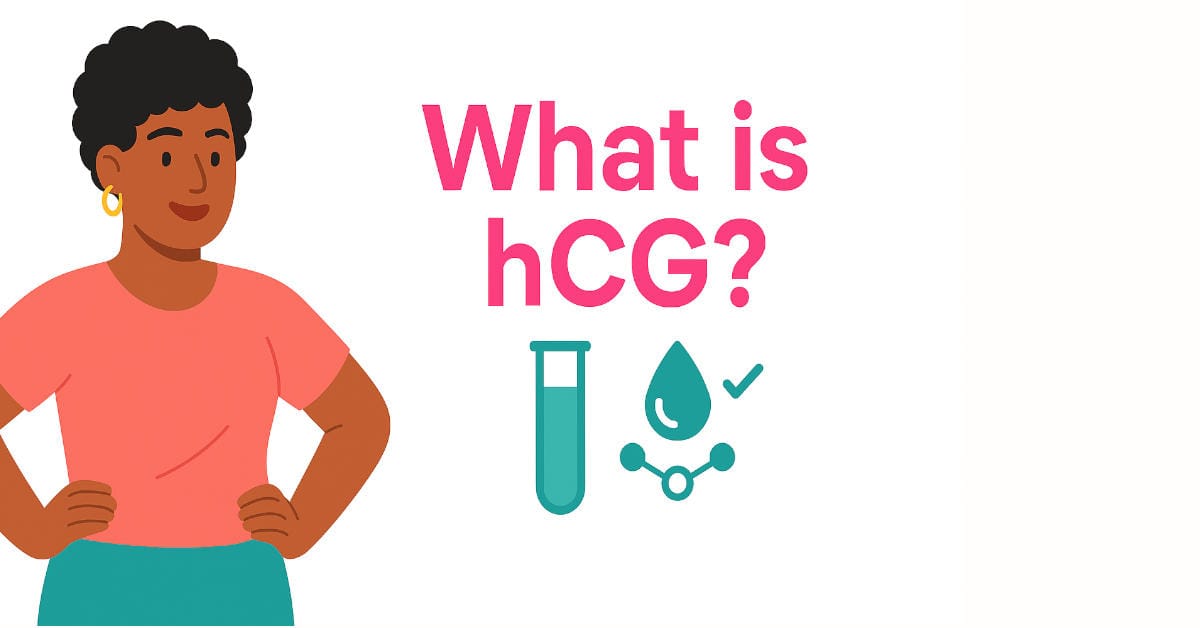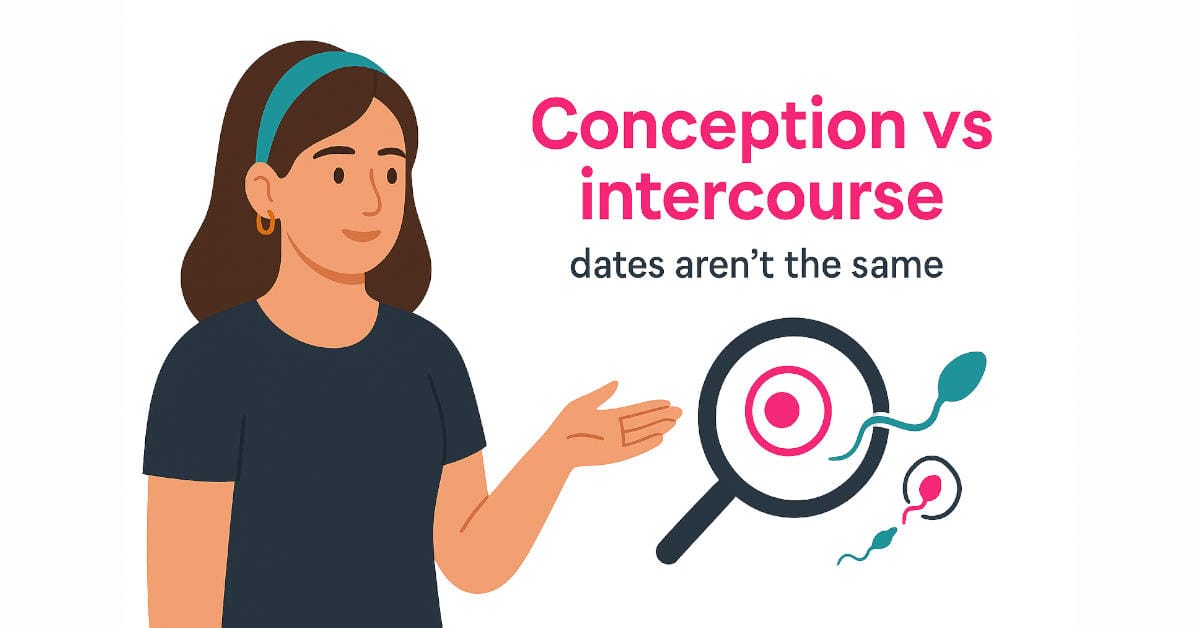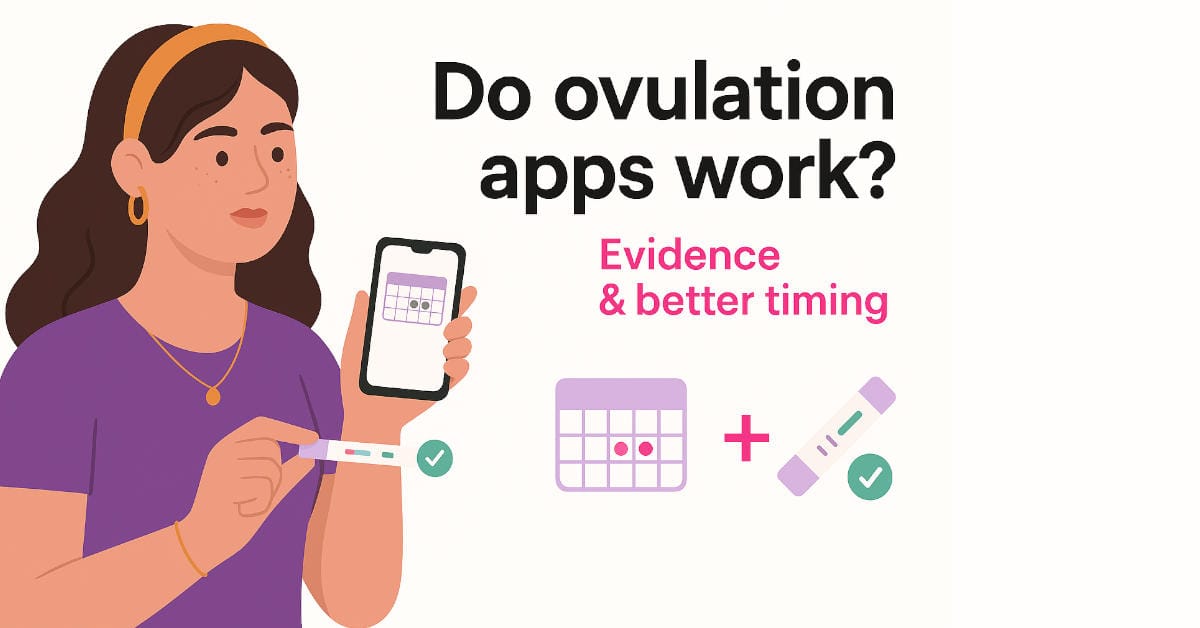What is hCG? Beta hCG, tests and levels
Human chorionic gonadotropin (hCG) is a hormone your body makes in early pregnancy. It is mainly made by tissue that will become the placenta after the fertilised egg has implanted in the uterus. Laboratories usually measure the beta part of hCG, so you will often see “beta hCG” on a blood test report. This is … Read more



